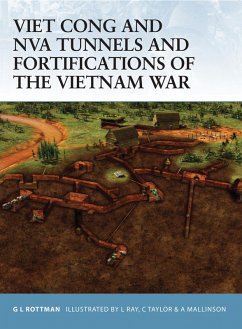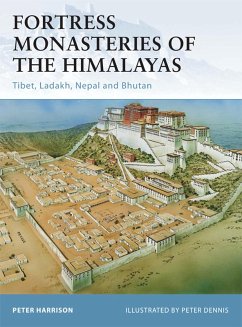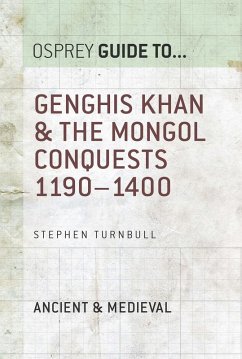
Conversations with the Animate 'Other' (eBook, ePUB)
Historical representations of Human and non-Human interactions in India
Versandkostenfrei!
Sofort per Download lieferbar
69,95 €
inkl. MwSt.
Weitere Ausgaben:

PAYBACK Punkte
35 °P sammeln!
Human interventions with living entities have had to be in a constant state of negotiating space necessary for co-habitation with animals, birds, trees, plants, grasslands, forests, hills, water bodies in the creation of villages and other settlements. The book argues that negotiating this space meant sharing, which impacted economic strategies, religious experiences, cultural interactions and oral performances that humans have strategized and preserved. This intersectional theme, through individual case studies, ultimately provides us the civilizational ethos of the Indian sub-continent on ho...
Human interventions with living entities have had to be in a constant state of negotiating space necessary for co-habitation with animals, birds, trees, plants, grasslands, forests, hills, water bodies in the creation of villages and other settlements. The book argues that negotiating this space meant sharing, which impacted economic strategies, religious experiences, cultural interactions and oral performances that humans have strategized and preserved. This intersectional theme, through individual case studies, ultimately provides us the civilizational ethos of the Indian sub-continent on how human non-human relations informed it. The book provides a window on how this relationship was represented in a variety of material and literary texts, visual representations, archival records, folklore and oral testimonies. It brings to the fore these narratives over the longue durée to explicate the complex and delicate relationships in region specific ecological settings and thus give readers a perspective that crosses disciplinary and conceptual boundaries.













![Conversations With A Stuka Pilot [Illustrated Edition] (eBook, ePUB) Cover Conversations With A Stuka Pilot [Illustrated Edition] (eBook, ePUB)](https://bilder.buecher.de/produkte/41/41873/41873088n.jpg)